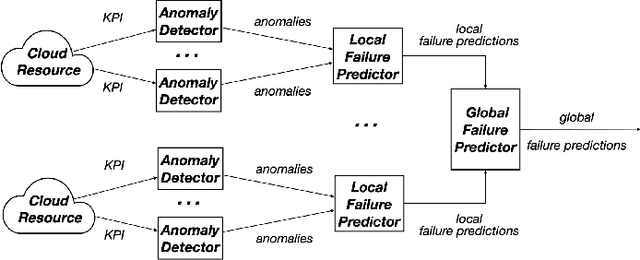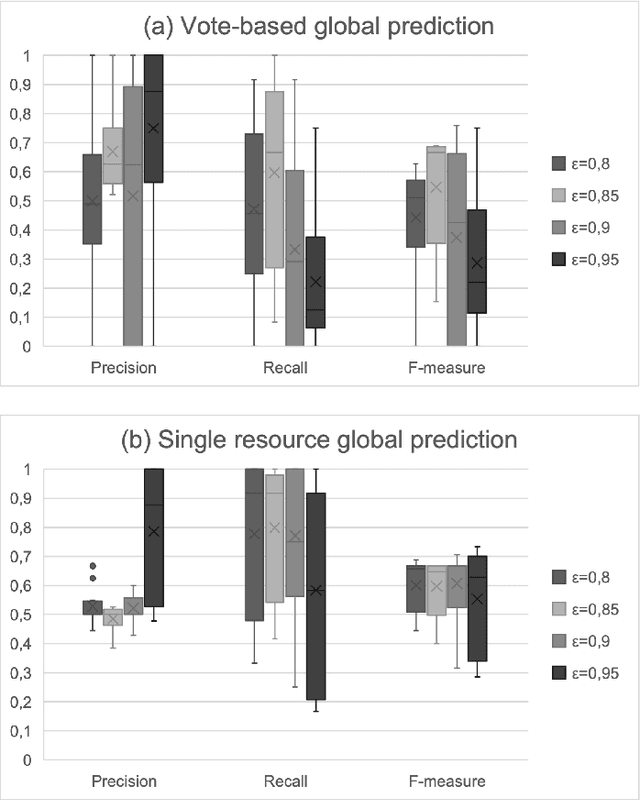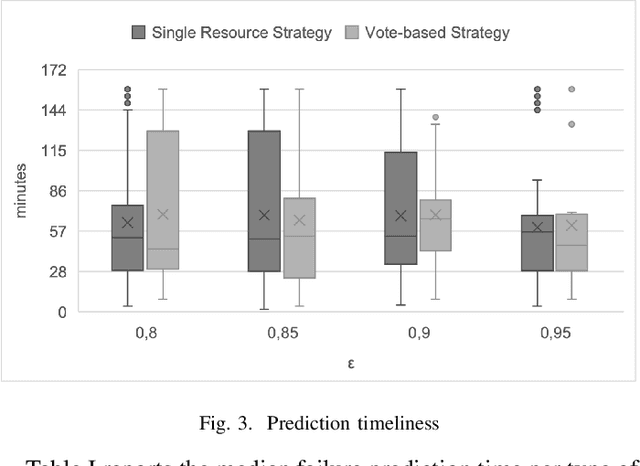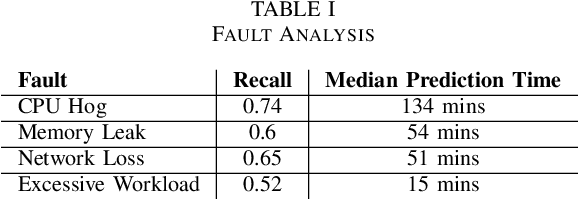Cloud Failure Prediction with Hierarchical Temporary Memory: An Empirical Assessment
Paper and Code
Oct 06, 2021



Hierarchical Temporary Memory (HTM) is an unsupervised learning algorithm inspired by the features of the neocortex that can be used to continuously process stream data and detect anomalies, without requiring a large amount of data for training nor requiring labeled data. HTM is also able to continuously learn from samples, providing a model that is always up-to-date with respect to observations. These characteristics make HTM particularly suitable for supporting online failure prediction in cloud systems, which are systems with a dynamically changing behavior that must be monitored to anticipate problems. This paper presents the first systematic study that assesses HTM in the context of failure prediction. The results that we obtained considering 72 configurations of HTM applied to 12 different types of faults introduced in the Clearwater cloud system show that HTM can help to predict failures with sufficient effectiveness (F-measure = 0.76), representing an interesting practical alternative to (semi-)supervised algorithms.
 Add to Chrome
Add to Chrome Add to Firefox
Add to Firefox Add to Edge
Add to Edge